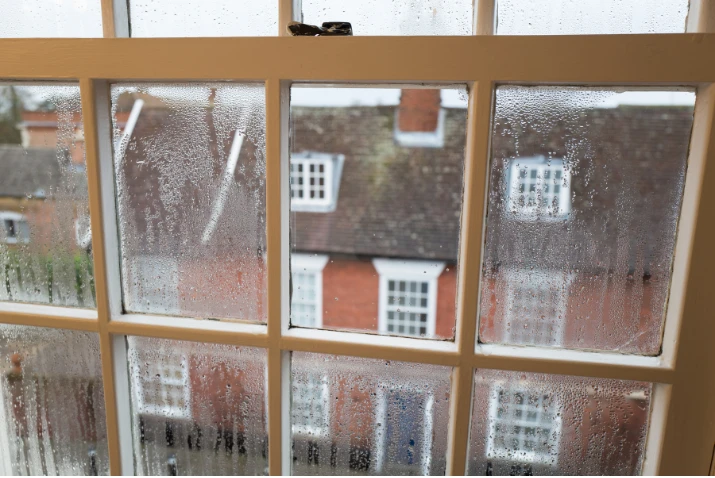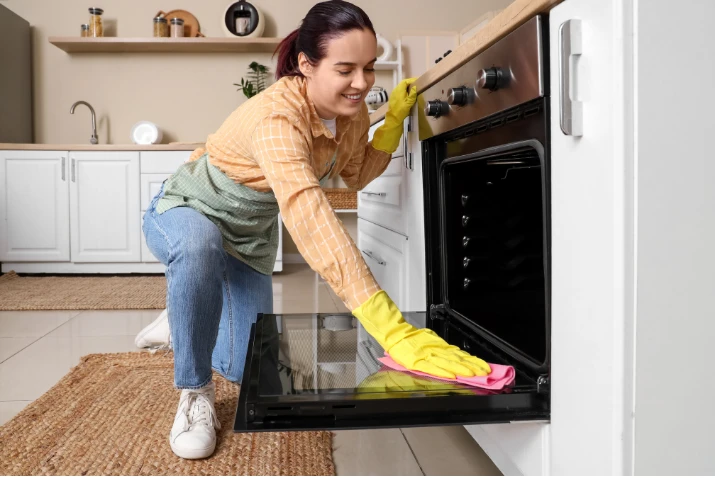Before you sign a tenancy agreement and move into a property, it’s important to know exactly where you stand legally, and that your new home is going to be affordable and comfortable for however long you plan to live there.
Even though it’s tricky to find rental accommodation at the moment, don’t be tempted to cut corners with your due diligence. Ending up with a bad agent, landlord or property is far worse than waiting a little longer for your next home.
So, here are 15 things to know and questions to ask, to help ensure you rent a property that’s right for you and have a successful tenancy.

- Always use an agent that’s a member of one of the self-regulating industry bodies: Propertymark, UKALA, RICS or Safeagent. And if you’re renting directly from a private landlord, the best ones should be members of the NRLA or the BLA. If you’re renting in Wales, make sure they’re registered with Rent Smart Wales.
- Is the rent reasonable and affordable? Ideally it should be around 30% of your salary – although it may be higher in more expensive areas (50% or more in London). Check similar listings to make sure it’s in line with average prices in the local area.
- Check other property costs to make sure you can afford to heat the property, pay council tax, etc.
- Always be on time for viewings to help demonstrate you are reliable and serious about finding a home, especially as there is so much competition at the moment.
- There are 400+ rules and regulations governing the legal letting of property, many of which relate to the health and safety of tenants. It’s important to be as sure as you can that the property you’re renting is being legally let - some key questions to ask when you view are:
- Has there been a full inspection of the electrical installation within the last 5 years?
- When was the boiler last serviced? (Note, this is different to a gas safety check.)
- Check for any signs of damp or mould.

- Give the landlord or agent good reasons to accept you. You don’t necessarily need to offer more money – you could highlight a secure job, excellent previous landlord’s reference and wanting to stay long term.
- Be prepared to say yes or no on the day, and have your referencing paperwork to hand, e.g. 3 months’ bank statements, proof of identity and employer’s contact details.
- Most landlords will require tenants to sign an agreement for a minimum 6-month fixed term, meaning you are legally liable for the rent for that whole period – even if you move out. So, check the fixed term and make sure you’re willing and able to commit to it, e.g. even if you were to lose your job or split up with a co-habiting partner.
- Check how much notice you have to give if you want to leave. The legal default (once any fixed term has expired) is one month if you pay rent monthly, or 4 weeks if you pay weekly. However, check whether there is a ‘notice clause’ in the agreement, as this may set out a longer notice period that may apply during or after a fixed term.
- Check whether you have any additional responsibilities, over and above the usual – e.g. are there extra garden maintenance requirements in the tenancy agreement?
- What happens if something breaks down, e.g. the washing machine. Will the landlord replace it or will you have to buy your own?
- Check you are given all the legally required ‘prescribed information’, either before or at check in:
- Information relating to the deposit scheme in which your deposit is protected
- A copy of the EPC
- A copy of the current gas safety certificate
- The latest version of the government’s ‘How to rent’ guide
- Know the process for getting your deposit back at the end of the tenancy and how long it will take. For instance, it’s important to be aware you can’t use your deposit to pay the last month’s rent, and if you and your landlord disagree over any deductions, there may be a delay in the return of whatever you are due.
- Make sure you know what to do if there is a major issue, such as a leak – where is the stop cock? And who should you contact in case of an emergency?
- Your landlord’s insurance (if they have it!) covers their property, not yours, and there’s no guarantee their policy will even be valid. So it’s sensible to take out your own tenant insurance policy that will cover your own possessions in case something happens to them, any damage you might accidentally cause in the property, and the cost of finding alternative accommodation if the property becomes uninhabitable.
To make sure you rent a legally and safely let property that you’ll be happy to call home, do get in touch with our local experts.








